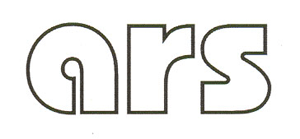Abstract
This article puts into perspective the work of Jackson Pollock, a major figure of Abstract Expressionism, in the context of the debate between art and life that characterized the 1950's and 1960's. I analyze, from this point of view, the limits of criticism as regards a painter who left us many testimonies on the role of the unconscious in the creative process. What was the place granted by art criticism, at the time, to this type of interpretation? Attempting to answer this question, the article confronts the different perspectives of the critics and relates them with Pollock's self-reflection.
keywords:
Abstract Expressionism; action painting; Jackson Pollock; unconscious









